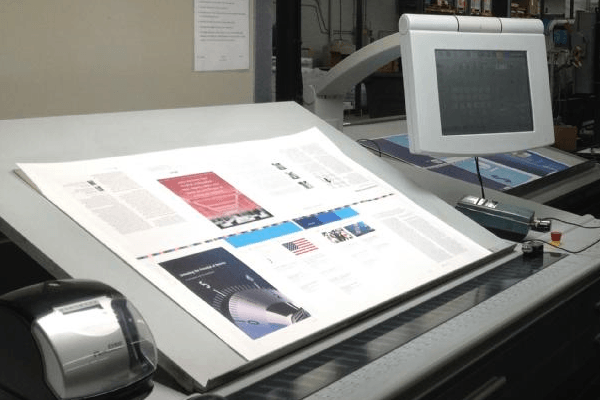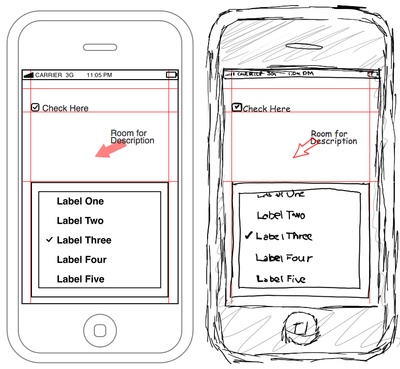
The more I learn through experience and the literature, the more I begin to think that as an industry we have been missing the mark by focusing so much on process and methodology at the expense of developing and empowering cross-functional teams to decide and then do what they need to do to deliver success; acknowledging that different projects may need to be tackled in different ways.
To be fair, some of the Agile methodologies provide a framework that is supportive of the cross-functional team, but even those methodologies, when used exclusively, run the risk of becoming rigid and regimented over time.
In any case, during the past few weeks I’ve been studying team dynamics and what makes them successful. During that time, I’ve come across a couple interesting books that I’d like to bring to your attention.
First, I really enjoyed Ellen Gottesdiener’s Requirements by Collaboration: Workshops for Defining Needs because it brings home the importance of the analyst’s role as facilitator in creating a collaborative environment. Some of my favorite quotes from the book are:
Collaboration occurs when all members of a group or team share a common purpose, there’s mutual trust, and everyone uses agreed-upon approaches for the work. The members operate like a jazz ensemble: multiple voices interwoven, playing together and individually, generously and inventively, sharing a single theme. … Collaboration doesn’t just happen; teams don’t just form and jell automatically. Rather, collaboration must be engineered into a team’s work.
and –
Requirements workshops are based on the premise that a small group of knowledgeable, motivated people is more effective than one or two development “heroes.” They’re also based on the premise that, as Jerry Weinberg said, “One of us is not as smart as all of us.”
In addition to group collaboration/workshop aspects, Gottesdiener also expounds on patterns and models for communicating requirements, which I found very helpful, but won’t detail here.
Interestingly, it was a “tweet” from Ellen (@ellengott) that led me to a blog post by The Hacker Chick that piqued my interest in the book Beautiful Teams by Andrew Stellman and Jennifer Greene (what did we ever do before social media?). It’s a collection of interviews and short essays from accomplished leaders and innovators various team-related topics. Most who read this blog will recognize the names of contributors such as Grady Booch, Mike Cohn, Steve McConnell, Karl Wiegers, Scott Ambler, Johanna Rothman and others.
Stellman and Greene have posted a teaser from their Tim O’Reilly interview from the book entitled “The Secrets of Great Teamwork” on their blog. I am just getting started reading Beautiful Teams, so I can’t say much more about it yet, but it does come highly recommended and seems really good so far. Go have a look at the blog post and see what you think. I’ll post more of my thoughts on the book once I’ve finished it.
In the meantime, what are your thoughts on the merits and tradeoffs of empowering teams to apply good practices in their own way vs. establishing an exclusive (but repeatable and familiar) delivery process/methodology?
What recommendations do you have on other good teamwork and collaboration literature?





This comment comes from DougGtheBA who tired of fighting with my commenting system this morning… JB
Thanks Jonathan for the post. I'd have to say that you're absolutely correct regarding the development of process and methodology while team dynamics have languished some. I'd like to note that any process or methodology are only as good as the people that support it while trying to use it. Additionally, no one person is capable of doing so. In reading the general documentation of different methodologies, there is definitely a vein throughout each that seems to assume that teams will form or come back together around the phases of any of the approaches. Each one speaks about roles and what those roles are responsible for. Unfortuantely, there is no realization that this doesn't just happen by sheer will and the methodology itself is only a framework for the people that use it to work with. To me, the problem is that this assumption forgets about the fact that people don't necessarily know what to do to engage one another. This has become ever more problematic since the globalization of the workforce. We now not only have to figure out how to interrelate within our own local society, but also with completely different cultures as we try to work together. This piece is often a training afterthought with much less emphasis than the primary "get your job done" methodology/process training. Requirements by Collaboration: Workshops for Defining Needs and Beautiful Teams are on my book list as well. I'm glad to see that you're providing favorable reviews to them. We need all the help we can get, and I look forward to some additional learning. Thanks for your insight. DougGtheBA